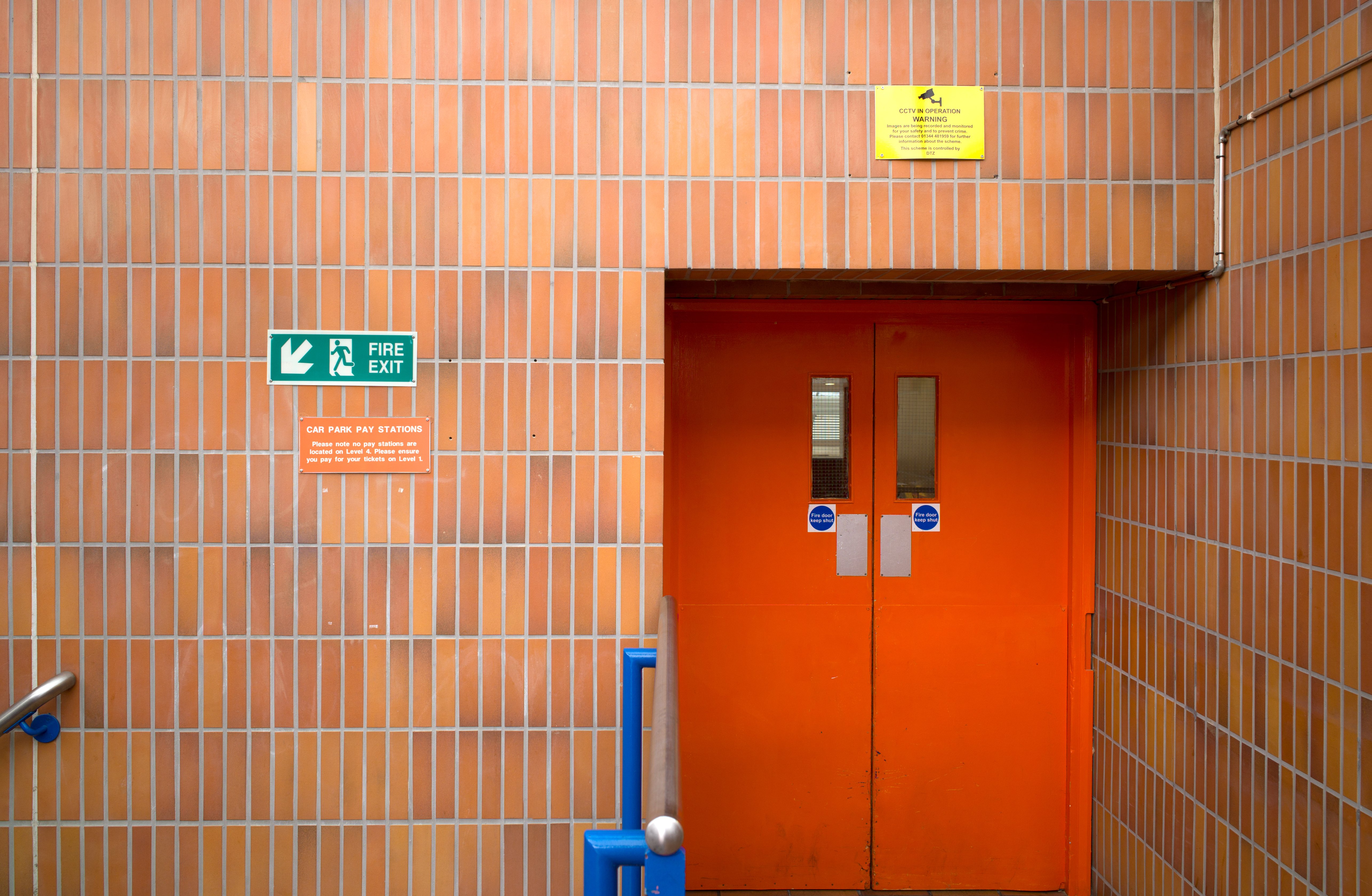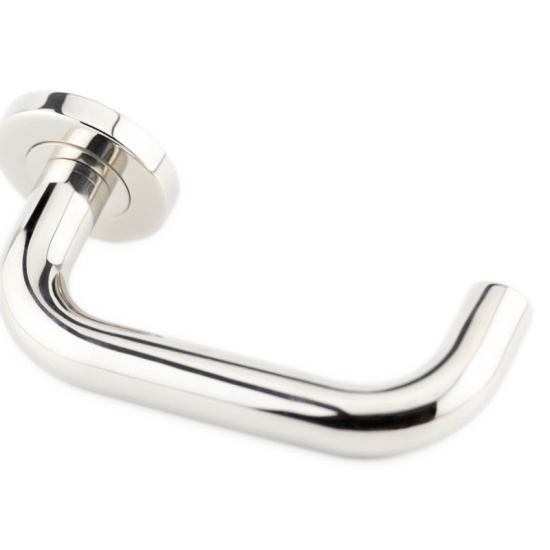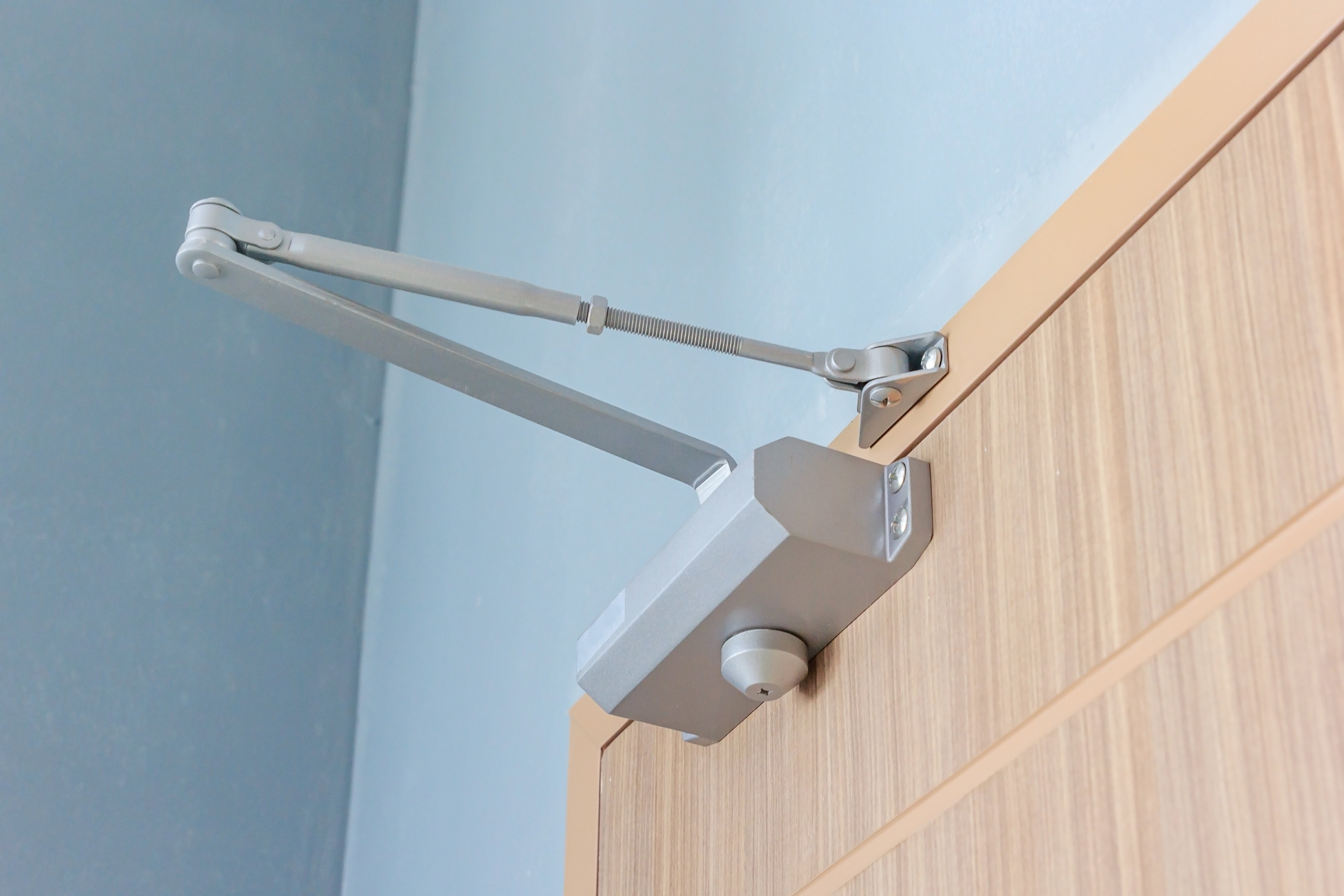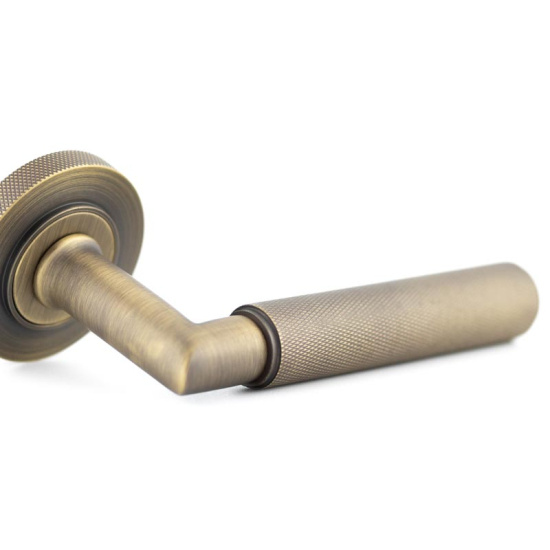Is it Illegal to Not Have Fire Doors? Fire Safety Regulations & Appropriate Door Hardware
In the event of a fire, fire doors play an essential role that’s crucial. When it comes to the threat of fire and those who might be caught in it, fire doors are important to have installed. Are fire doors a legal requirement here in the UK?
In this guide, we’ll answer that question, along with all the necessary legalities and regulations surrounding the installation of fire doors here in the UK. That way, you can ensure your property has everything it needs to comply with the laws and rules currently in place.
What is the purpose of a fire door?
Fire doors are designed for the purpose of helping prevent a fire from spreading for a certain amount of time. That amount of time depends on the type of fire door itself and the intensity of the fire. Usually, it’s for a minimum of 30 minutes and allows any people within the building to leave via an escape route.
It’s valuable time that can make the difference between saving lives and lives being lost.

Introduction of Door Hardware
For these installations, not only is the fire door itself crucial, but also the quality and compliance of the door hardware where all door hardware needs to be fire tested to receive a certification of up to 30/60/120/240 minutes , which includes items like hinges, door closers, and handles, the time under testing varys based on the door hardware category, however door hardware are equally critical when installing a fire door. Explore our certified fire door hardware products.

Is it illegal to not have fire doors in the UK?
It’s a legal requirement for fire doors to be installed in all properties that are used for non-domestic purposes. That means businesses, commercial properties, public buildings and warehouses to name but a few.
When it comes to rental properties, those with houses of multiple occupancy (HMO) are required by law to have fire doors installed, whereas single occupancy doesn’t require them.

Building Regulations: New Fire Door Regulations 2020+
A knowledge of building regulations is important to have, particularly when it comes to updates that are made - which is constant.
With that being said, any non-domestic buildings will need to comply with the 2005 Regulatory Reform. That means all fire doors need to be checked every six months as a result.
When it comes to domestic buildings that go above two storeys, they’ll need self-closing FD30 fire doors. These door types will often be labelled as FD30 or FD60. The numbers simply refer to the minimum amount of time in minutes that has been tested in preventing both smoke and fire spreading.
Fire doors in houses and flats
Fire doors within houses and flats are important to install when you’re a landlord or property owner. They not only offer that extra layer of protection from fire and smoke, alongside smoke alarms but they’re also a legal requirement for multiple occupant households.
For any houses with three storeys, fire doors should be installed and lead to every room that’s habitable.
Within flats, landlords and flat owners have to adhere to a strict set of specific fire protection measures. For blocks of flats, every flat front door must be a fire door. This is for any flat that is above 4.5 metres. For ground-floor flats, the likelihood of fire doors being needed, might not be necessary seeing as they’re below 4.5 metres for the most part.
It's a common misconception that fire safety hardware must be purely functional without aesthetic appeal. However, at Frelan Hardware, we provide a range of door hardware that not only meets stringent fire regulations but also adds a touch of style to your property. From sleek, contemporary designs to more classic finishes, our fire door hardware proves that safety does not have to compromise style.

Burlington Piccadilly Fire Rated Lever on Rose
Fire doors in business premises
For business premises, fire doors are certainly required. There are also additional requirements that are needed when there's a higher risk of a fire starting. For example, this could be an IT server room, boiler rooms or rooms that contain a lot of flammable liquids.
All fire doors that are installed within these premises will often be subjected to a Fire Risk Assessment (FRA). Therefore, it’s important to keep updated with the latest changes and ensure all your fire doors are meeting the standards required.
With fire doors, it’s important to have fire door signage available for everyone to see. This signage is based on the Health and Safety (Safety Signs and Signals) Regulations 1996 (HSR). Typically it’s a blue circular signage with the words ‘Fire Door Keep Shut’, ‘Automatic Fire Door’ or ‘Fire Door Keep Locked’ for example.
Frequently asked questions
When should fire doors be kept closed?
Fire doors are sometimes appropriate to prop open when you’re perhaps moving heavy items in and out of the space. However, this should only be for a short time only. Leaving them open and forgetting about them being open, defeats the purpose of the fire door.
Always ensure the fire doors are closed once you’re done with them.
Is it illegal to wedge open a fire door?
It’s not illegal to wedge a fire door open. However, if it’s left open, you could be held accountable for doing so, should an incident happen. That means in the event of someone being injured due to your negligence, this could result in fines and/or prison sentences.
